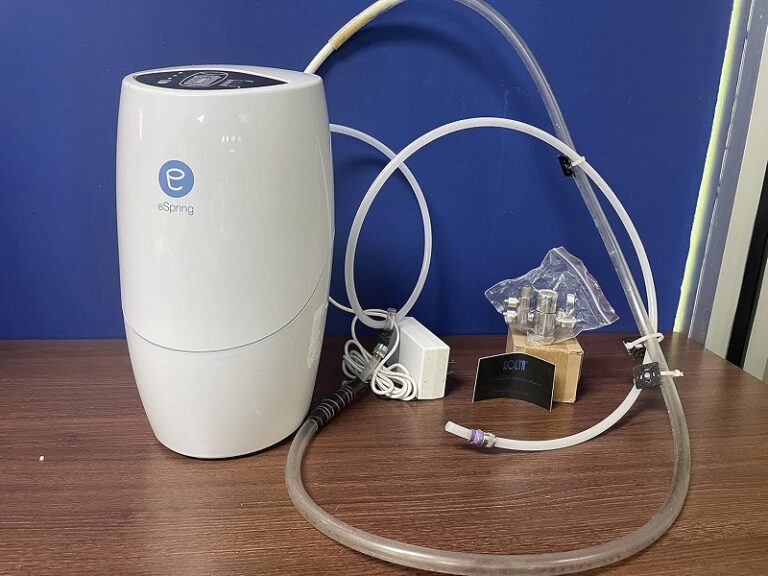
Inflammatory Bowel Disease (IBD) and colitis are chronic digestive disorders that significantly impact the quality of life for millions worldwide. Recognizing early symptoms, understanding available treatment options, and adopting lifestyle changes can be vital for managing these conditions effectively.
Symptoms of Inflammatory Bowel Disease (IBD) and Colitis
Inflammatory Bowel Disease (IBD) and colitis are umbrella terms for conditions that cause chronic inflammation in the digestive tract. Symptoms vary in severity and frequency and may differ between Crohn’s disease, which can affect any part of the gastrointestinal (GI) tract, and ulcerative colitis, which primarily impacts the colon and rectum. Key symptoms often include:
- Abdominal Pain and Cramping: This is typically felt on the lower side of the abdomen.
- Diarrhea or Bloody Stools: Frequent and urgent bowel movements, often with visible blood or mucus.
- Unexplained Weight Loss: Weight loss can result from malabsorption of nutrients due to inflammation.
- Fatigue and Weakness: Persistent exhaustion that doesn’t improve with rest.
- Appetite Loss: Loss of appetite is common, exacerbating weight loss and malnutrition.
These symptoms may come and go, with periods of flare-ups followed by times of remission. Not all symptoms may appear simultaneously, making it challenging to diagnose without medical consultation.
Treatment Options for IBD and Colitis
There’s no definitive cure for IBD or colitis, but several treatment options help manage symptoms and reduce inflammation. Options include:
- Medications: Anti-inflammatory drugs, corticosteroids, and immune system suppressors are typically prescribed to control inflammation and symptoms. Antibiotics may also be used to prevent or treat infection in the intestines.
- Biologic Therapies: These are advanced treatments that target specific proteins in the immune system, helping to reduce inflammation.
- Surgery: In severe cases, surgery may be necessary to remove damaged sections of the GI tract. Surgical options include partial or total colectomy and ostomy procedures.
- Nutritional Therapy: Nutritional adjustments, including low-residue diets, may reduce symptoms and prevent flare-ups by minimizing GI tract irritation.
Lifestyle Tips for Managing IBD and Colitis
Adopting lifestyle changes can substantially improve the quality of life for those with IBD or colitis. Here are practical tips to keep symptoms under control:
- Maintain a Balanced Diet: Following an anti-inflammatory diet rich in fiber, lean protein, and healthy fats can alleviate symptoms and reduce inflammation. Avoid trigger foods such as spicy dishes, alcohol, and caffeine.
- Stay Hydrated: Frequent diarrhea can lead to dehydration. Drinking plenty of water daily helps maintain hydration levels and supports digestion.
- Regular Exercise: Moderate physical activity can boost immune function, reduce inflammation, and improve mood, which is crucial for overall health.
- Reduce Stress: Stress can exacerbate symptoms, so managing stress through activities like yoga, meditation, or mindfulness can be highly beneficial.
- Join Support Groups: Connecting with others who understand the challenges of inflammatory bowel disease (IBD) / colitis (ลำไส้อักเสบ, which is the term in Thai) can provide emotional support, valuable tips, and practical advice for managing daily life with IBD.
Managing IBD and Colitis is an Ongoing Journey
Living with IBD or colitis requires ongoing management and lifestyle adjustments. Still, with the right combination of medical treatments, dietary choices, and a proactive approach to health, those affected can lead fulfilling lives. By staying informed, closely monitoring symptoms, and seeking support when needed, individuals can take control of their health and minimize the impact of these chronic conditions.


